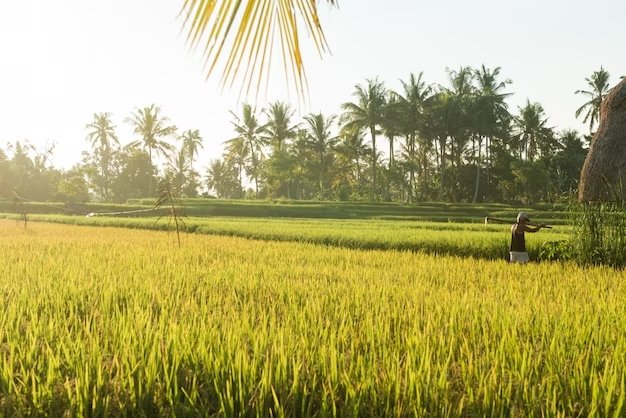Rice Shortage Looms as Farmers Shift to Other Crops
Yes, economists are concerned that lower rice acreage could push up inflation. Rice is a staple food for millions of people around the world, and a rise in rice prices could have a significant impact on food security and poverty.

There are a number of factors that could contribute to lower rice acreage, including:
- Deficient rainfall. Many parts of the world have experienced below-average rainfall in recent months, which could lead to lower crop yields.
- Rising costs of production. The cost of inputs such as fertilizers and pesticides has been rising in recent years, which could make it more expensive for farmers to grow rice.
- Competition from other crops. Farmers may be shifting to other crops that are more profitable, such as soybeans or corn.
Read article: Organic-farming-cultivating-healthier-lives-through-natural-methods
If rice acreage does decline, it could lead to higher rice prices. This would have a number of negative consequences, including:
- Increased food insecurity. Millions of people around the world rely on rice as a staple food, and a rise in rice prices could make it more difficult for them to afford this essential food.
- Increased poverty. The poor spend a greater proportion of their income on food than the wealthy, so a rise in rice prices would have a disproportionate impact on them.
- Political instability. Food insecurity and poverty can lead to political instability, as people become more desperate and willing to protest or even revolt.
It is important to note that the impact of lower rice acreage on inflation will depend on a number of factors, including the severity of the decline in acreage, the global supply and demand for rice, and the policies of governments. However, it is clear that this is a potential risk that needs to be carefully monitored.
What's Your Reaction?





















